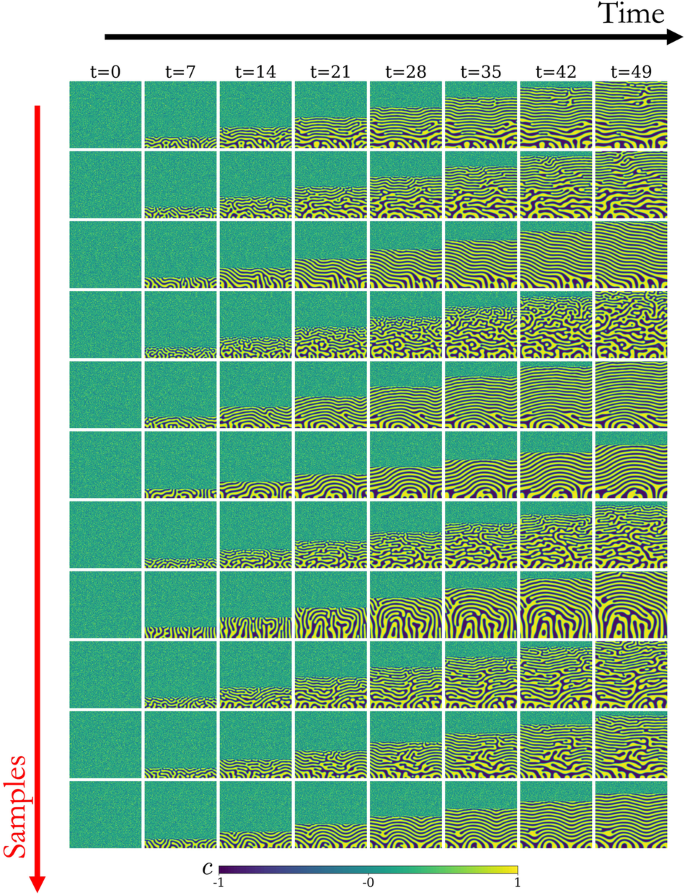2024-08-28 カリフォルニア大学校アーバイン校(UCI)
<関連情報>
- https://news.uci.edu/2024/08/28/uc-irvine-study-reveals-health-impacts-of-repeated-wildfires-and-smoke-exposure/
- https://iopscience.iop.org/article/10.1088/2752-5309/ad6209
南カリフォルニアの4つのコミュニティが共有する、繰り返される山火事と煙の経験:地域的影響とコミュニティのニーズ Repeat wildfire and smoke experiences shared by four communities in Southern California: local impacts and community needs
Suellen Hopfer, Anqi Jiao, Mengyi Li, Anna Lisa Vargas and Jun Wu
Environmental Research: Health Published:Published 31 July 2024
DOI:10.1088/2752-5309/ad6209

Abstract
Families in unincorporated communities in Southern California’s Eastern Coachella Valley (ECV) increasingly experience the burden of repeat wildfires and smoke. This study describes their lived wildfire and smoke experiences, health impacts, unique community-level inequities that compound wildfire risk and air quality effects, communication preferences, and resource needs for future wildfire preparedness. A wildfire community vulnerability framework informed the focus group discussion guide, exploring individual, community, and local government level factors that potentially influence community response and mitigation behaviors to repeat wildfire and smoke. Ten focus groups with 118 participants occurred in spring 2023 with four communities in ECV, California. Findings center on narratives of acute wildfire-related experiences, including evacuation and burned trailer homes, acute and chronic self report physical and mental health impacts of wildfires and smoke, daily life disruptions, staying indoors for protection, and local interactions described as a community strength in responding to fires. Participants from unincorporated, low-income, and monolingual Spanish-speaking communities predominantly consisting of farm workers requested greater emergency preparedness and response information, training and education in Spanish, postfire resources, lower trash service fees, increased enforcement of illegal dumping and burning, and use of multimodal and bilingual communication channels for wildfire, smoke, and wind alerts.



